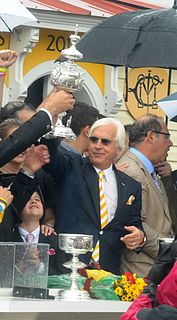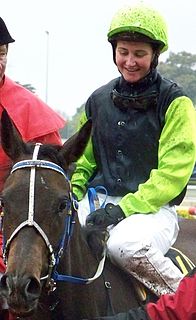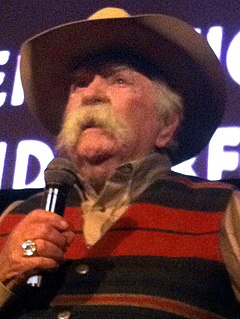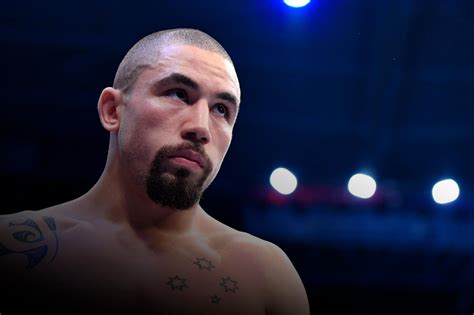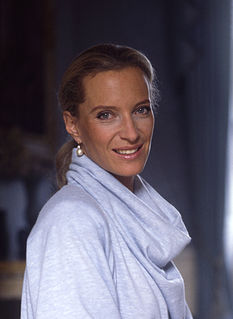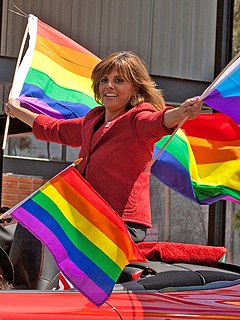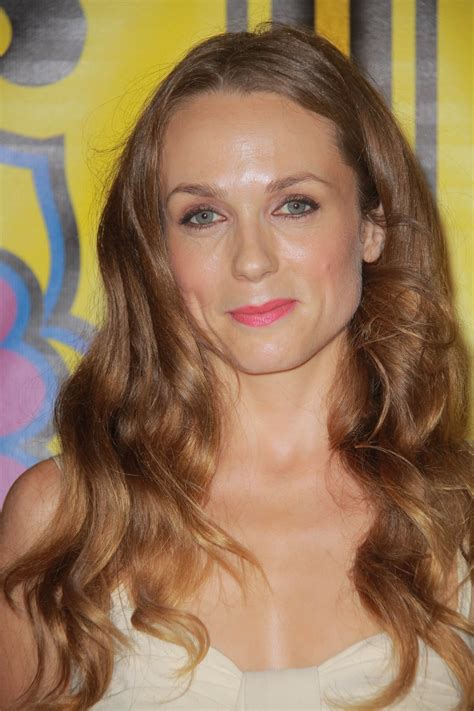A Quote by Bob Baffert
The emphasis in thoroughbreds is managing the horses as much as it is training them.
Related Quotes
I think the mental preparation isn't something that you can work on in one large sum. It has to be a collective collaboration of doing little things for your mental state constantly throughout the prep and managing your life outside the Octagon, managing your life in transit to the Octagon, managing your life once you get to training.
